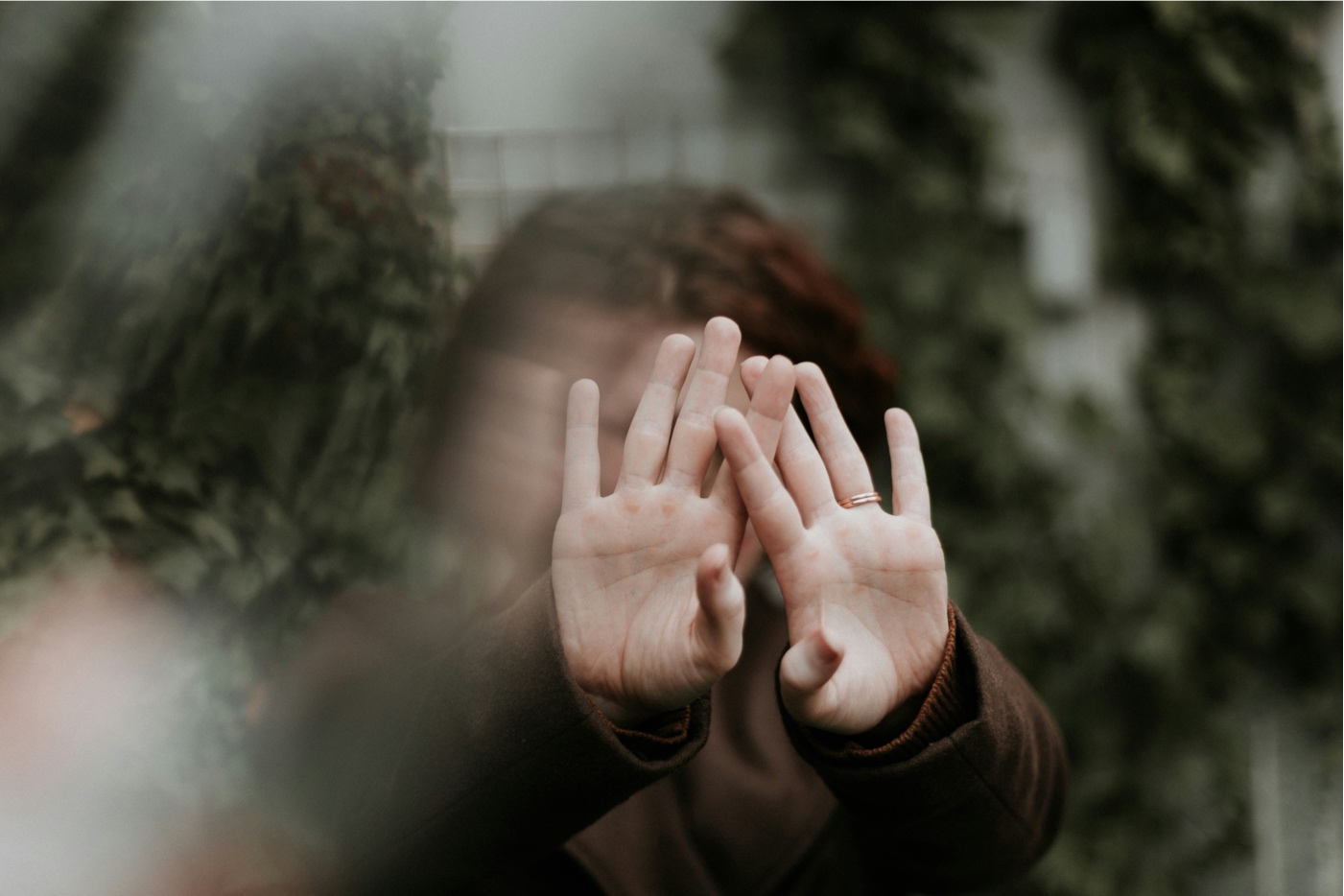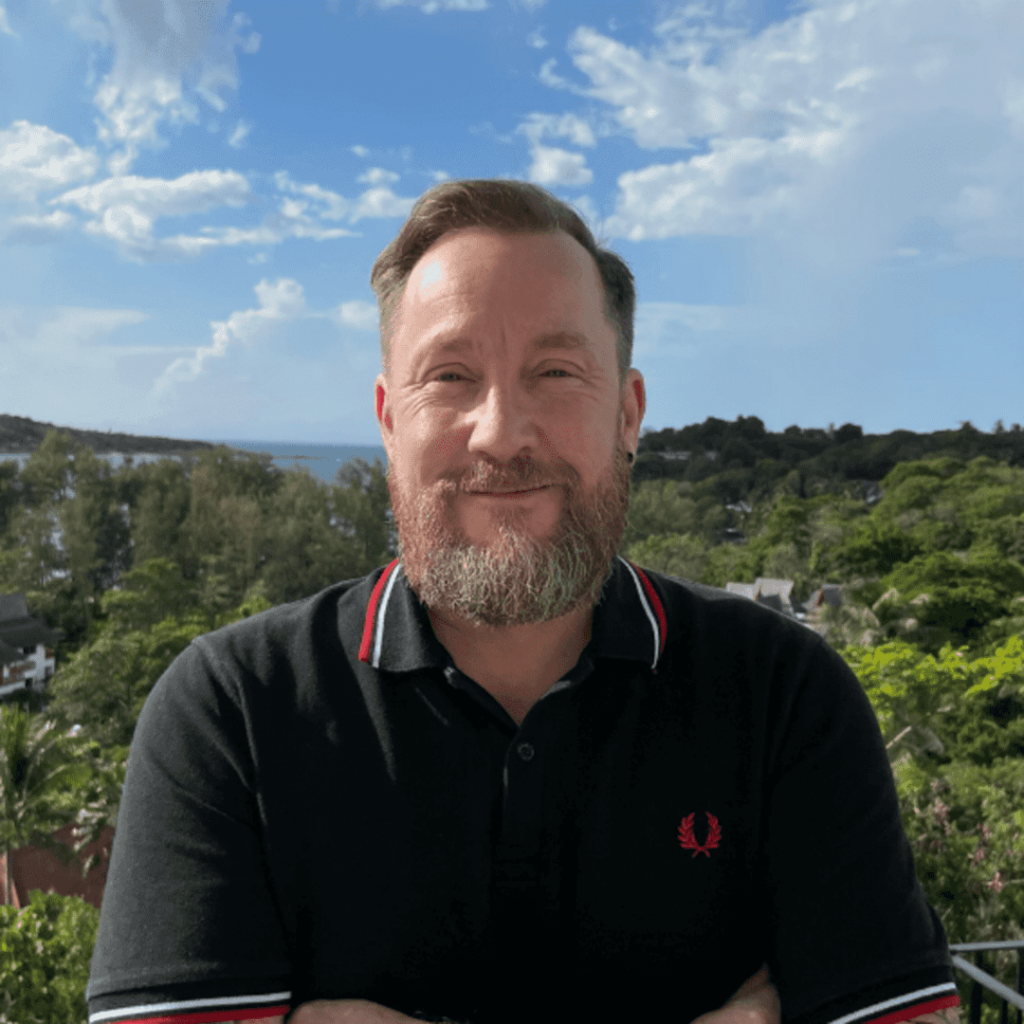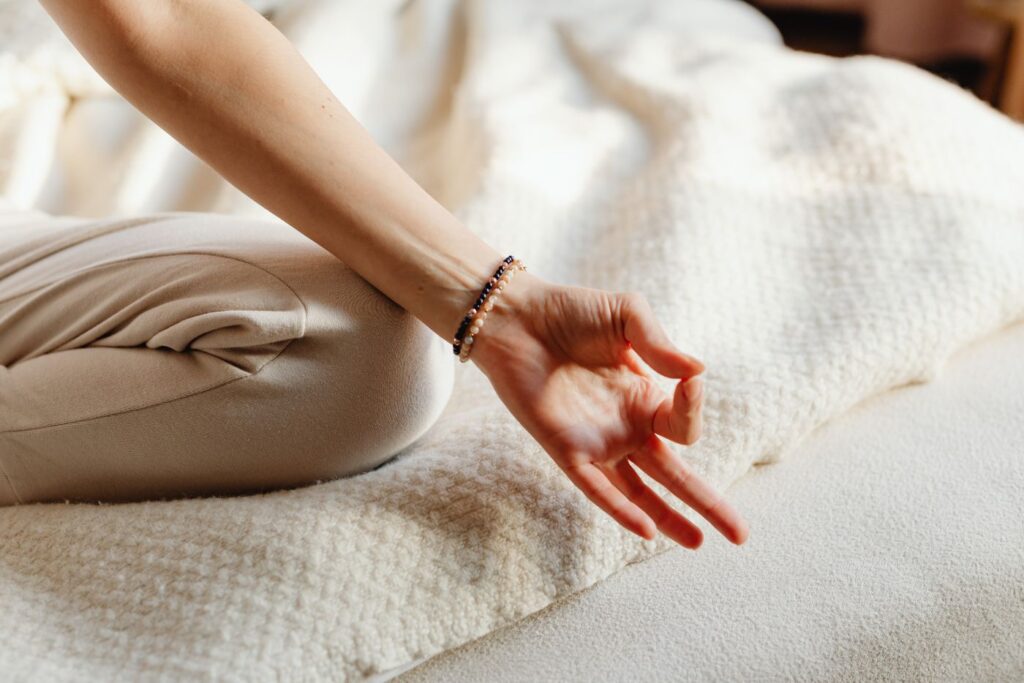What NOT to do When Recovering From Trauma: Key Mistakes to Avoid

Nowadays, there is a vast range of resources – books, blogs, Youtube videos, podcasts and more – that provide advice and guidance on how to heal from trauma. But they rarely focus on what not to do when recovering from trauma. Doing (or refraining from doing) certain things can impede the healing process, or, worse, cause you to regress.
In this blog, we explore what you should try to avoid if you are healing from trauma, in order to best support your recovery process. For more information on how Yatra Centre helps people who are suffering from trauma, contact us today on +66 96 916 3287.
What Should I Not do When Recovering from Trauma?
The road to trauma recovery can be a bumpy one, but there are certain pitfalls you can avoid in order to make the healing process smoother and shorter. Remember, however, that the occasional slip or mistake is nothing to beat yourself up about. Perfection can be a killjoy and a threat to motivation, while errors, in contrast, can teach you valuable lessons.
Don’t Compare Your Healing Journey to Others’
People experience trauma in different ways, and any healing journey will be unique to each individual. You may watch, hear or read about others who seem to have ‘done a better job’ healing from trauma than you. Or you may meet people who look as though they’ve been more successful in overcoming their traumatic past.
However, comparing yourself to others is fruitless, pointless and ultimately irrelevant to your own recovery. There are no shortcuts to healing, and it is far better to allow the process to unfold at its own pace, than to set yourself standards based on the experience of others. It takes courage to face even the first steps of your healing journey, so simply having embarked on it is cause for self-belief.
Furthermore, assumptions or projections about what is happening for people very often turn out to be mistaken. A person who may appear to have healed PTSD completely may, in fact, still be suffering from the consequences of their trauma.
Don’t Self-Medicate with Substances

Many trauma sufferers struggle with an overwhelming desire to escape from the emotional and mental pain they endure as a result of their traumatic experiences. Finding ways to numb yourself may seem like an effective way to manage such feelings. Coping strategies might come in the form of a codependent relationship, compulsive eating, binge-watching TV shows, porn, online shopping or any one of countless other mind-numbing activities that provide distraction.
Ultimately, all such avoidance strategies are harmful and will only delay full healing. However, if you find yourself drifting towards – or even caught up in – any such behaviours, there is no cause for self-reproach. The intensity of feelings following traumatic experiences can at times become so overwhelming that the desire not to feel is an understandable reaction in the face of pain.
That being said, one category of behaviours that should, whenever possible, be avoided at all costs, is substance use – be it alcohol, drugs, or prescription medication. Resorting to substances for relief is hugely detrimental to trauma recovery A multi-site study of trauma center inpatients in the United States found that 62% to 79% of those with pronounced PTSD symptoms had one or more alcohol or drug abuse comorbidity. (Otherwise known as dual diagnosis, comorbidity is when two diagnosable disorders are simultaneously co-occurring.) Trauma has been consistently shown to make people more vulnerable to addictive patterns and dependence on numbing agents. Recreational use of legal substances may become less problematic once a person has healed from the impact of their trauma – but it is best not to count on this outcome. Using the process of healing from trauma to steer clear – or break free – of any and all substance use makes life immeasurably easier and avoids the risk of unwanted entanglement with such habits in the future.
Don’t Isolate Yourself
Trauma can make you want to withdraw into your shell and to isolate yourself from society. Retreating from the world, even limiting contact with friends and family, can feel like self-protection and giving yourself your own, safe space. Furthermore, being out among people, in public spaces, may be a trigger for some trauma sufferers. And yet, isolation is the worst possible tactic when recovering from trauma.

Sustained lack of social interaction, and the absence of connection with others, has been shown to adversely affect mood, thinking and even physical health. Online communication, while potentially better than no contact with others at all, does not count. Face to face conversation and being in the company of understanding companions is essential to mental wellness.
It can be helpful to connect with others who are either working through, or have successfully overcome trauma. Such people are in a better position to empathize and to understand what you are going through.
Don’t Expect Linear Progress
Healing from trauma is not a continuous, linear journey. It is common to have good periods, followed by setbacks – both are part of the process. Expecting uninterrupted improvement can set you up for disappointment and discouragement, particularly if you hit an emotional roadblock.
Your recovery process may include healing crises, days when you feel you are back at square one and all prior efforts and progress have been to no avail – when in fact, nothing could be further from the truth. It takes time for the mind and body to integrate change and healing. A seed planted in the ground does not sprout overnight – but underground, its roots are forming and spreading, and a shoot is reaching for the open air. This is a good metaphor for the healing process you are committed to.
This truth can feel difficult to trust in when you feel dejected and disheartened – at such times it is important to reach out to your support network to help you feel you can get back on track.
Don’t Try and Precipitate your Healing
Trauma is painful, and it is normal to want to be rid of pain as soon as possible. But trauma leaves deep wounds, and healing needs to happen on many levels. Memories have to be processed – and if necessary, revisited and then let go of under professional guidance. Trauma stored in the body and nervous system needs to be identified and released. All in all, there is so much that needs to be recalibrated on a mental, emotional and physiological level.
In your heart and mind, you may feel ‘so ready’ to just get better and move on with your life. But it pays to be gentle with yourself, and patient with your body, mind, and subconscious. You cannot use willpower to be rid of the consequences of trauma, far less to delete or erase it. Trying to force yourself to ‘get over it’ can be counterproductive, and lead to emotional complications, such as shame at not yet being back to ‘normal’, strong and resilient. Or to dissociation from your pain.
Don’t Neglect Self-Care
When recovering from trauma, it is essential to take good care of your mind and body. A balanced lifestyle that supports healing from trauma must include healthy, nutritious food, regular exercise and time to relax and unwind.
Certain practices such as mindfulness, meditation, yoga or qi gong can all help you relax and regulate the nervous system. Since the nervous system governs so many essential bodily functions, as well as our emotional responses, it is essential to return it to a state of balance in order to heal from the residual effects of past trauma.
Don’t Ignore your Limits

While retreating into isolation in order to feel safe is not supportive of healing from trauma, the opposite is also true. Putting yourself in stressful or challenging situations, or enduring them for longer than is wise, can easily backfire. Remember, trauma puts the nervous system under great strain, so it pays to be gentle with your nerves.
Similarly, the company of others who have been through trauma can be beneficial, but make sure they are at a stage in their healing when they are in a stable, wholesome space. Trading battle tales or reminiscing about traumatic events, rather than focusing on positive things such as recovery, wellness and the way forward, can be a trigger and jeopardize the progress you are making. During the healing journey is absolutely not the time to test yourself.
Don’t Avoid Professional Help
It is easy to be tempted to try and work through your trauma alone, particularly if you feel little motivation to connect with others, or are uncomfortable asking for help. Not requesting the support of professionals or your peers can seem like the easiest path.
However, the whole purpose of professional help and peer support is to facilitate the healing process, and improve the chances of quicker, complete healing from trauma.
Therapists or counsellors who have themselves been through a healing from trauma journey are in a particularly strong position to guide you. Anyone who has been in your shoes will have a very personal and direct understanding of what you are going through.
Yatra Centre in Krabi, Thailand
Trauma and its consequences can impact all areas of your life – work, relationships, physical health, social connections, and self-image. It may be possible, for a while, to just carry on and muddle through as best you can. But there comes a point when it becomes clear that trauma is persistently standing in your way, refusing to allow you to be happy and free.
Recovering from trauma is so much less challenging when you are supported by a trauma professional who can guide you through the process. At Yatra, we offer a complete holistic healing program, at our centre in Krabi, Thailand.
We know what it takes to heal from trauma, and our staff have first-hand experience of healing their own traumatic experiences. We know your struggle, and our mission at Yatra is to help.
If you would like more information on how we can support you on your healing journey, contact us on +66 96 916 3287.

Mike Miller
Founder & Clinical Director
Mike Miller is a Certified Clinical Trauma Professional, Certified Addiction Therapist, and EMDR Therapist with advanced training in trauma and mental health. He has over 20 years experience delivering behavioural health treatment to clients internationally. As a leading trauma expert, Mike developed the Yatra programme in 2022 to accelerate healing and support lasting transformation.
Subscribe to our newsletter.
Subscribe to our newsletter and join a supportive community dedicated to understanding, overcoming, and transforming personal trauma.
Related Articles
Can Trauma Lead to Hypersexual Behavior? A Closer Look
Trauma can disrupt a person’s life in multiple ways, to the point of affecting aspects of…...
Why a Somatic Healing Retreat Might Be Exactly What You Need
You’ve tried therapy. You’ve read the books. You’ve done your best to manage stress, anxiety, or…...
Trauma Healing and Rehab in Thailand: An Interview with Yatra
Addiction and unresolved trauma affect millions of individuals and families around the world. These challenges are…...
Can PTSD Meds for Nightmares Help You Sleep?
Research from the National Center for PTSD shows that over 90% of Vietnam vets with post‑traumatic…...



